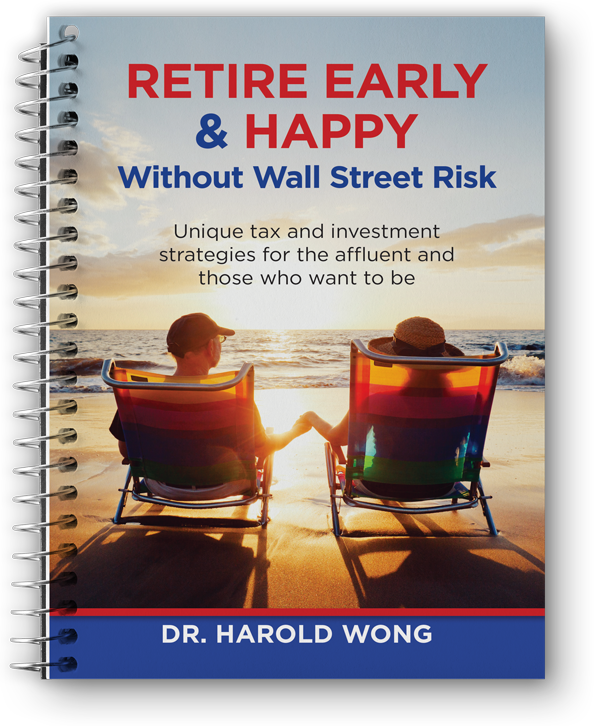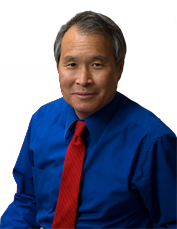

Works Written by Dr. Wong
Can Your Retirement Handle a Stock Market Crash?
Chandler Arizonan by Dr. Harold Wong
It’s been 15 years since the epicenter of the 2008 Stock Market Crash and Financial Panic.
When one Googles, an entry states “By March 9, 2009, the Dow Jones stock market index had fallen to 6,500, a percentage decline exceeding the pace of the market’s fall during the Great Depression and a level which the index had last seen in 1997.” At the close of 10/13/2023, the Dow Jones Industrial was 33,670.29. This is an increase of 5.18 times over 14 years and5 months. This is an impressive compound average annual growth rate of almost 12%.
Let’s suppose your $1 million life savings is in the stock market. What happens if there is a 50% stock market crash just like what happened in the 2000-2002 Dot-Com Crash or the 2008-2009 Financial Panic? You now have $500,000. If you are retired or within 5-10 years of retirement, you don’t have 30 years of future working life to make up the loss. You may not be able to afford your bucket list dreams, such as luxury travel; buying a $350,000 2nd home ; or helping four grandkids with college expenses.
How to Protect Yourself from a Stock Market Crash? You need to shift your focus from accumulating financial assets to safety of principal and maximizing the amount of safe cash flow that can be generated during retirement. For decades, we’ve seen Wall Street focus
on “What’s Your Number?”, meaning how much life savings do you need in order to retire. If you have $1 million or more of life savings (financial assets not counting the equity in your personal home), you have won the race and should focus on NOT losing it.
Follow the Rule of 100, which means take 100 and subtract your age and that’s the maximum that should be invested in the stock market. Example: you are age 70 and that means no more than 30% of your $1 million life savings or $300,000 should be invested in the stock market. However, 30% is an outer limit. If you are retired, I suggest that it should be no more than 20%. If the next “Black Swan” (meaning totally unforeseen such as Covid or War in Israel) crisis drops the stock market by 50%, you have lost $100,000 but still have $900,000 left. You can still afford all your bucket list dreams.
Invest in assets that are NOT correlated with the stock market to achieve the Efficient Frontier (meaning the optimal portfolio with regard to risk vs. reward). Harry Markowitz won the 1990 Nobel Prize in Economics and is considered one of the fathers of Modern Portfolio
Theory. One cannot even approach the Efficient Frontier unless one’s portfolio has at least three alternative asset classes that are NOT correlated with the stock and bond market. I like private pension funds, real estate, and equipment leasing.
Although there is risk in any kind of investment, one is not taking any Wall Street risk in these three alternative (to the stock and bond markets) investments. These can generate a much higher retirement cash flow that the typical alternatives of bank or bond interest or stock market dividends. The average dividend yield of the S&P 500 companies has been 1.99% since January 1, 2000. Instead of your $1 million generating $20,000 of annual income, what if you could get three to four times that in alternatives? Receiving $60,000-$80,000 of annual income instead of $20,000, allows you to afford your bucket list dreams. For 43 years, I have specialized in these alternatives and have not needed to suggest traditional Wall Street investments to clients.
To RSVP for the seminars or schedule a free consultation, please contact Dr. Harold Wong at (480) 706-0177 or
Dr. Wong earned his Ph.D. in Economics at University of California/Berkeley and has appeared on over 400 TV/radio programs.
Office Address
90 South Kyrene Rd
(Says Suite 1 on the front door)
Chandler, Arizona 85226
Click here to schedule a FREE Strategy Session
with Dr. Wong

